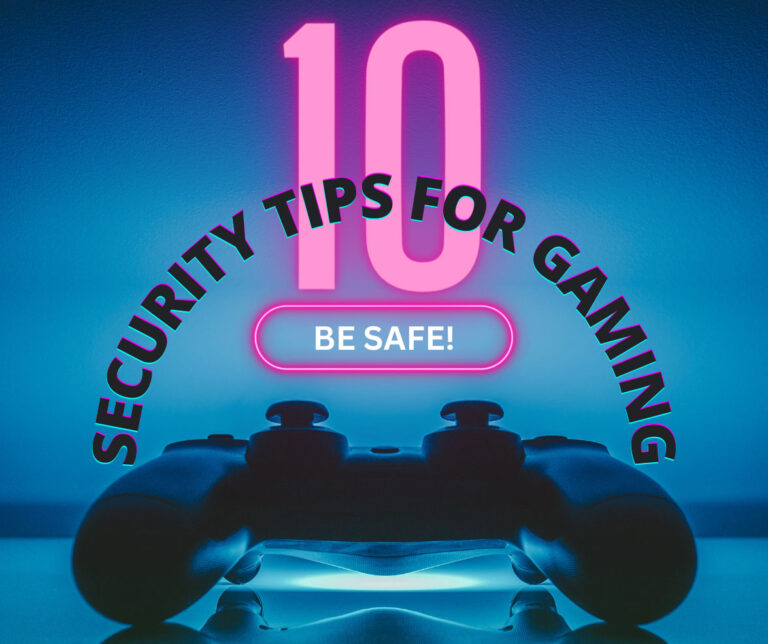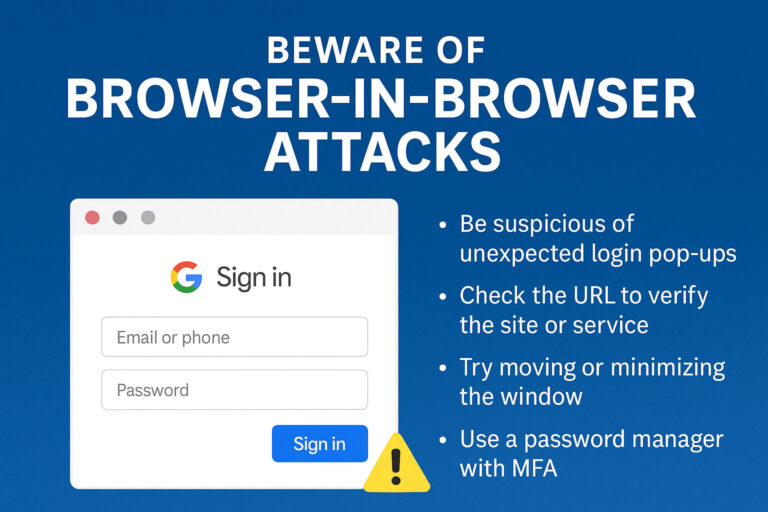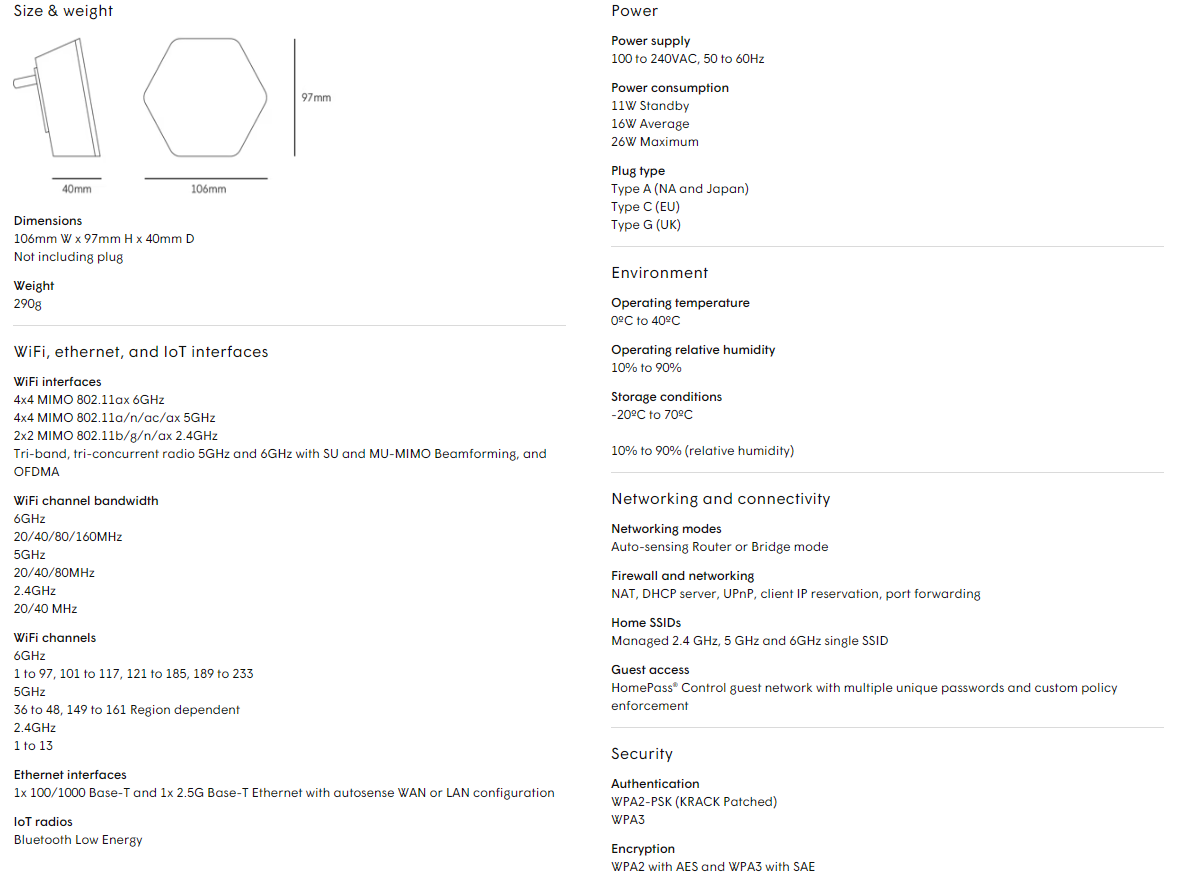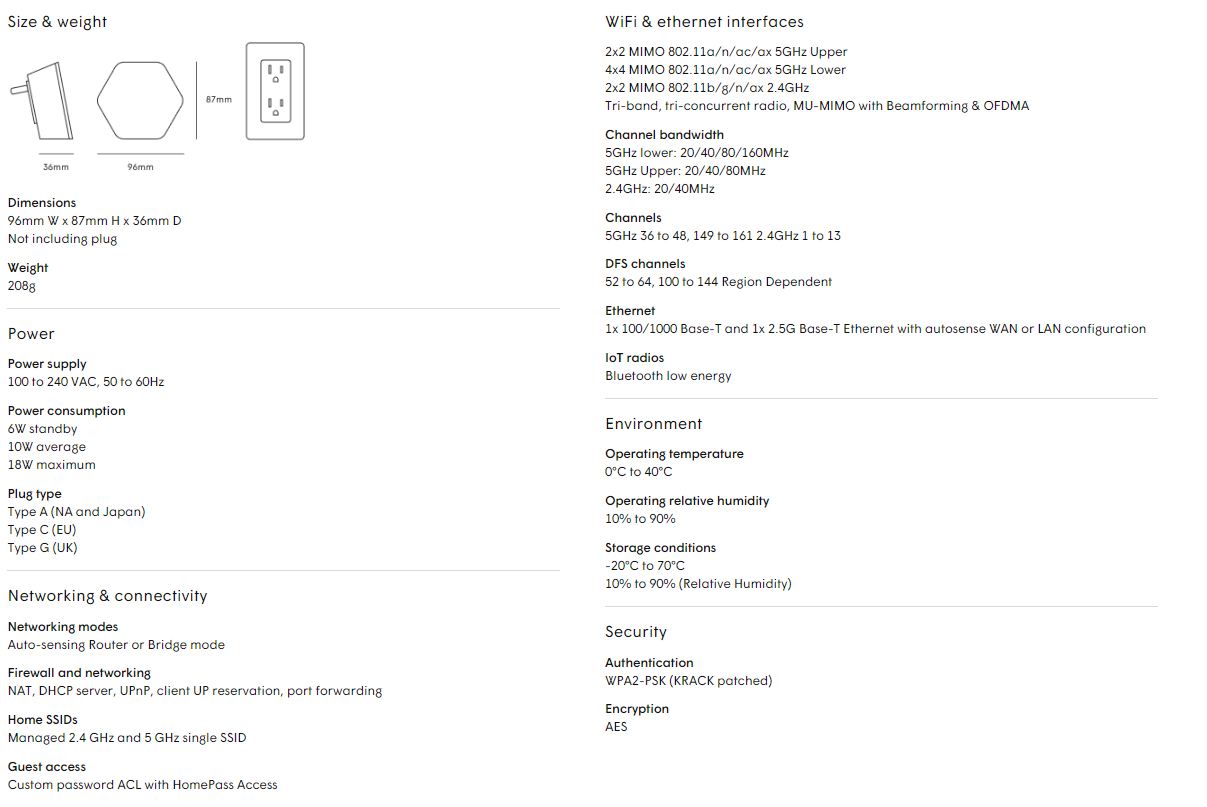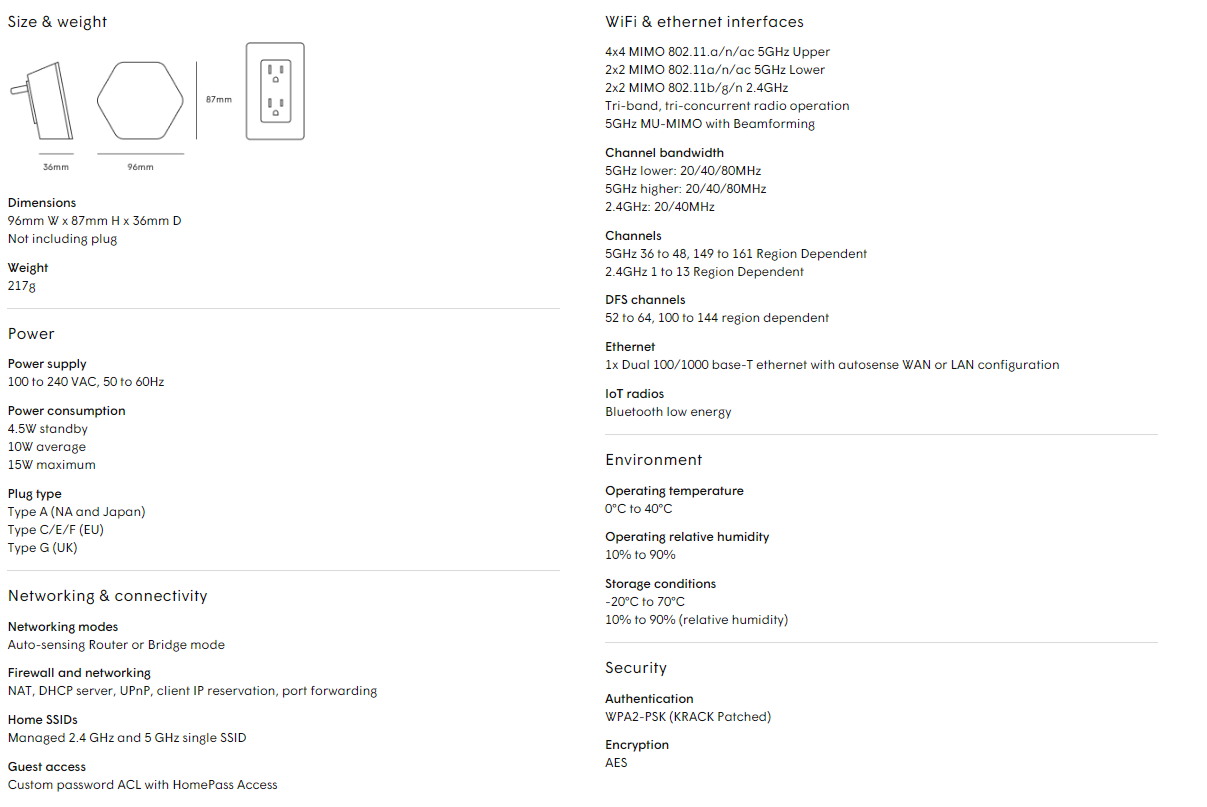Play safe while gaming!
Who doesn’t love online gaming, whether you are an eSports pro, killing a few spare minutes on your phone, or enjoying an endless fantasy realm for hours? Remember, though, that you shouldn’t lower your cybersecurity defenses just because you’re racking up points. Play smart by utilizing these best practices:
1. USE STRONG PASSWORDS
The strongest passwords are at least 12 characters long and include letters, numbers, and symbols. Ideally, your password is not recognizable as a word or phrase. And, yes, you should have a unique password for each online account. Sound hard to remember? Using a password manager has never been easier – many smartphones and web browsers include password managers. The best password managers will even suggest strong passwords.
2. RESEARCH YOUR GAMES
Mobile gaming makes up almost half of the global games market. Just because a game is available on a trusted app store doesn’t guarantee it is a safe app to download. Before downloading any new gaming app on your device, ensure it is legitimate. Check out the reviews and look it up on a search engine before downloading.
3. FLIP ON MFA
Multi-factor authentication (MFA), sometimes called 2-factor authentication, adds a whole other level of security to your accounts, and now some games and gaming systems allow for MFA. MFA includes biometrics (face ID scans or fingerprint access), security keys, or apps that send you unique, one-time codes when you want to log on to an account. Use MFA whenever it is offered.
4. MAKE UPDATES AUTOMATIC
Keep your gaming hardware and software as updated as possible. You don’t have to check your Settings tab every morning – you can usually set up automatic updates so that updates are downloaded and installed as soon as they are available from the device, software, or app creator. Note that you might have to restart your device for the updates to install fully. It is best to do this right away, but you can often schedule this to happen during times when you aren’t gaming.
5. DON’T TAKE THE BAIT
Cybercriminals often entice gamers into clicking bad links or downloading malicious files by offering cheats or hacks – this is known as phishing. Be wary of clicking on links or downloading anything from a stranger or that you were not expecting. If the offer seems too good to be true, chances are it is. Verify the link before clicking it by hovering over it with your cursor to see the link’s true destination.
6. CREDIT, NOT DEBIT
If a gaming system requires you to tie a specific payment method to your account, choose a credit card over a debit card. Credit cards come with more consumer protections than debit cards, and you have a better chance of getting your money back in case of fraud.
7. SHARE WITH CARE
The more information you post, the easier it may be for a criminal to use that information to steal your identity, access your data, or commit other crimes, such as stalking. Think about how much personal information you provide on gaming account profiles. Err on the side of sharing less online. And if a stranger asks you to share this information, say “no”.
8. GAME IN DISGUISE
Are you suiting up and playing with people you don’t know? They don’t need to know your real name or any other personal information — they just need to find out how awesome you are at the game. Don’t use your first or last name in your usernames. Use an avatar instead of your actual photo. If a stranger asks you to share a photo or to turn on your webcam, refuse. They don’t need to see you to play you.
9. NO SHAME IN A STRONG BLOCKING GAME
If another player is making you feel uncomfortable, block them. Remember that you can always kick a player out of the game if they are being a bully or otherwise making you uncomfortable.
10. CHECK YOUR SETTINGS
As soon as you get a new gaming console or try out a new game, open its privacy and security settings. Configure them to your comfort level. Remember, many game makers default to the least secure settings, and you shouldn’t assume those default settings are set to what you would like. Your game might default to sharing your behavior and location data with the manufacturer, for example. Think about what sort of data you’re comfortable with sharing.
Information in this post is from the National Cybersecurity Alliance.

